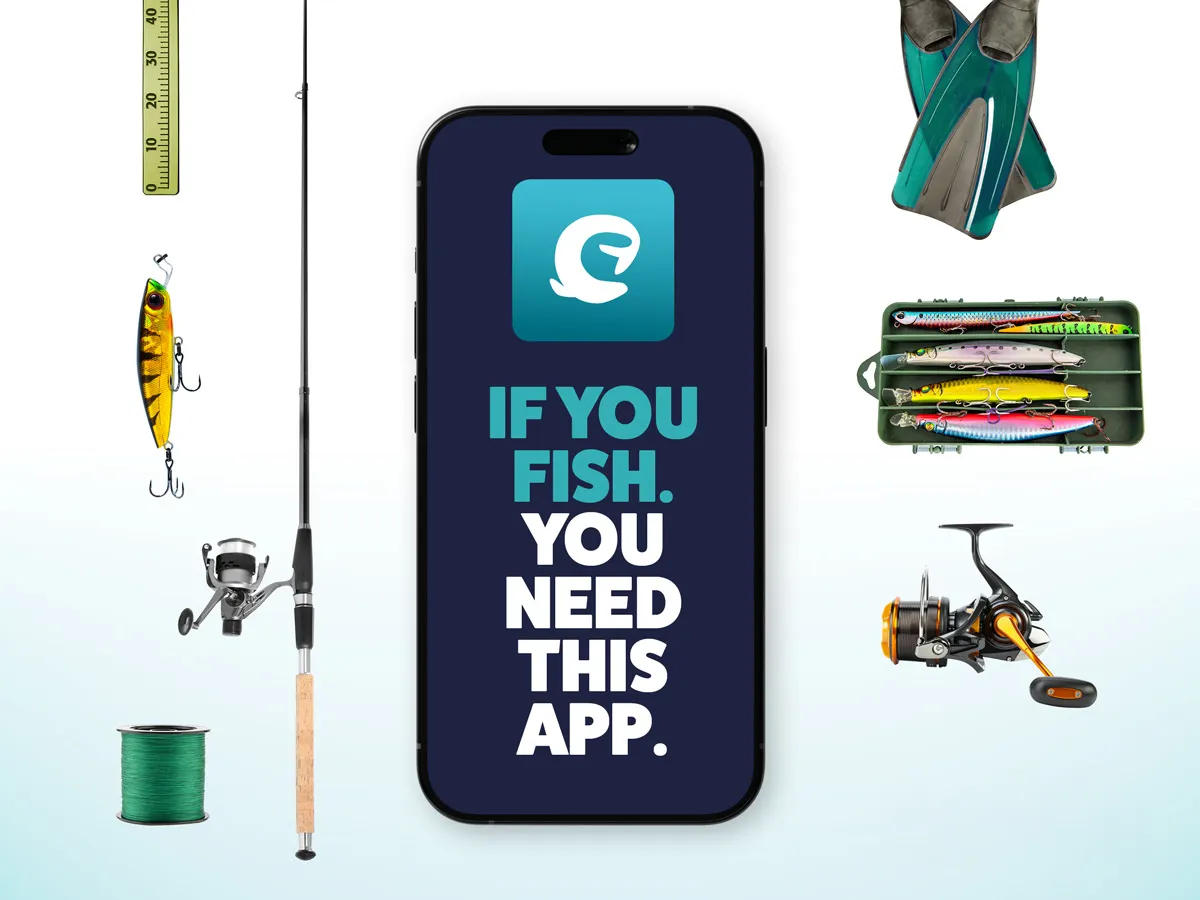Rod and reel maintenance is an activity seldom loved by fishermen however it can save you money and heart ache if something fails on a monster fish.
Fishing reels are one of the fisherman’s tools that can suffer most when operating in a saline environment.
Saltwater has a nasty habit of creeping inside the reel housing and components and slowly eating away the metal materials. The longer it is left, the worse it gets. Winter is a good time to check your reels and give them a little attention to prevent expensive repairs and reduce potential down time when you could be out catching fish.
If you suspect that your gear has issues, jump in before it gets too late. Many fishermen in the spring time start to use their outfits after a lengthy time in storage and find out the hard way their gear is not up scratch.
5 points to lubricate before storing:
The two pivot points for the bail arm (where the arm attaches to the rotor with the screw).
The bail arm roller.
The handle grip.
If it has a bait runner style switch, lubricate the screws where it attaches to the body.

Shaun Shearer is my local reel repair guy. Having been in business for more than 25 years he knows his stuff and has a few tips for the fisherman on how to look after their gear.
The first area of reel and rod maintenance is prevention. Prevent salt water from entering your reels in the first place. This is especially true when the reels are in the rod holders and the spray is flying over them.
Saltwater can easily force its way deep into the internals because of the speed the spray hits the reel. Neoprene or similar types of covers help prevent this kind of issue.
One warning though; do not store the reel in a neoprene cover, as any moisture will sweat inside and speed up the corrosion process. Remove them and store in a dry environment.

The next area of prevention is lubrication & silicon based sprays.
Silicon on rods can spell disaster as it can slowly creep down the blank and under the foam grip. Once it settles there it will eat the glue and the grip starts to loosen. Silicon can be a very difficult substance to remove from the surface of the rod blank so it is best apply a lubricant to a towel and wipe the guides instead.
If the silicon adheres to the surface of the blank or bindings, it can be almost impossible to apply epoxy and replace a rod guide if required.
Natural based lubricants like Inox, Lanox and WD-40 (WD stands for ‘water displacement’) can be friendlier than stronger oil based products like CRC. If you use CRC, don’t let it come in contact with the monofilament as it can degrade it.
If you do store your reels over the colder months, remove them from the rods. Boat fishermen are more likely to leave the reels on the rods and leave in the boat or in the garage.
Any salt that has accumulated can ‘freeze’ the reel seat rings in place and make it very difficult to release the reel. Best to remove and apply some oil to the reel seat tracks.
Lastly, if your reel does start to sing a different ‘tune’ and becomes noisy then it’s time to take it apart or send it in for a service. A $30 part or repair job can quickly turn into a $80 part or repair job if it’s addressed later instead of sooner.

The standard procedure when coming in from fishing is to:
- Tighten the drags on your reels before spraying gently with fresh water.
- Spray your rods with freshwater, especially each guide and the reel seat.
- If you use detergent be aware that it will remove oil so best to use it on rods only to remove unwanted fishy substance like scales, bait or blood.
- Once sprayed, loosen the drags again and allow the rod and reel to dry before storing.


